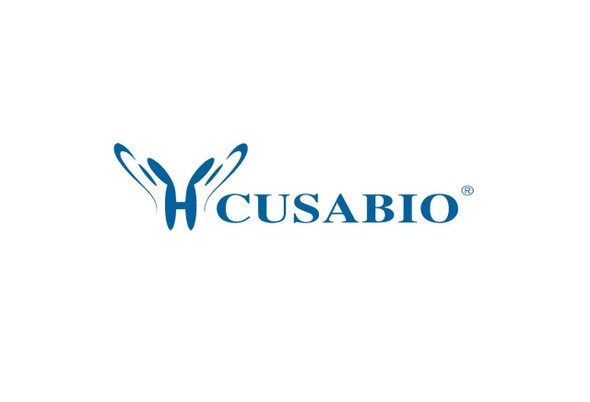Cusabio Polyclonal Antibodies
APOC4 Antibody | CSB-PA295215
- SKU:
- CSB-PA295215
- Availability:
- 3 to 7 Working Days
Description
APOC4 Antibody | CSB-PA295215 | Cusabio
APOC4 Antibody is Available at Gentaur Genprice with the fastest delivery.
Online Order Payment is possible or send quotation to info@gentaur.com.
Product Type: Polyclonal Antibody
Target Names: APOC4
Aliases: apolipoprotein C-IV
Background: This gene encodes a lipid-binding protein belonging to the apolipoprotein gene family. The protein is thought to play a role in lipid metabolism. Polymorphisms in this gene may influence circulating lipid levels and may be associated with coronary artery disease risk. This gene is present in a cluster with other related apolipoprotein genes on chromosome 19. Naturally occurring read-through transcription exists between this gene and the neighboring downstream apolipoprotein C-II (APOC2) gene.
Isotype: IgG
Conjugate: Non-conjugated
Clonality: Polyclonal
Uniport ID: P55056
Host Species: Rabbit
Species Reactivity: Human
Immunogen: Synthetic peptide of human APOC4
Immunogen Species: Human
Applications: ELISA, IHC
Tested Applications: ELISA, IHC;ELISA:1:1000-1:2000, IHC:1:25-1:100
Purification Method: Antigen affinity purification
Dilution Ratio1: ELISA:1:1000-1:2000
Dilution Ratio2: IHC:1:25-1:100
Dilution Ratio3:
Dilution Ratio4:
Dilution Ratio5:
Dilution Ratio6:
Buffer: -20°C, pH7.4 PBS, 0.05% NaN3, 40% Glycerol
Form: Liquid
Storage: Upon receipt, store at -20°C or -80°C. Avoid repeated freeze.
Initial Research Areas: Signal Transduction
Research Areas: Cardiovascular;Metabolism;Signal transduction











